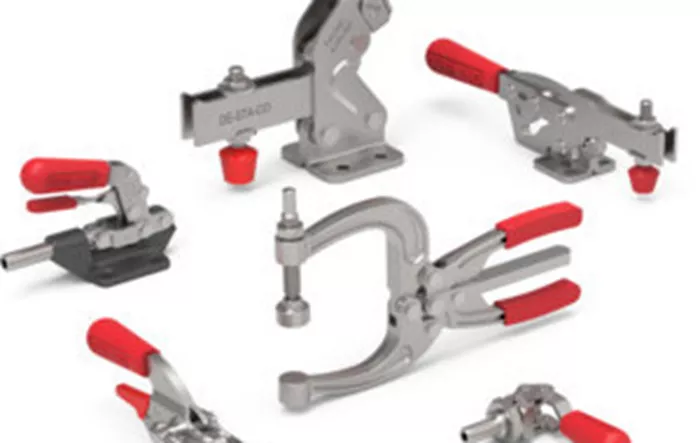HEPA vacuums have become essential tools for maintaining clean air in both homes and workplaces. These specialized cleaning systems use High-Efficiency Particulate Air (HEPA) filters to capture microscopic particles that standard vacuums often miss, significantly improving indoor air quality.
Unlike conventional vacuums, HEPA models are designed with sealed systems to prevent contaminated air from escaping back into the environment. They meet stringent U.S. Department of Energy standards, trapping an exceptionally high percentage of particles as small as 0.3 microns—including dust, pollen, mold spores, pet dander, and even certain bacteria.
Regular use of HEPA vacuums helps reduce exposure to harmful semi-volatile organic compounds (SVOCs), such as phthalates and flame retardants, which cling to dust and persist indoors for extended periods. These vacuums are particularly valuable in industrial and construction settings, where they help mitigate respiratory risks by capturing fine dust and volatile organic compounds (VOCs).
Many HEPA vacuums also incorporate pre-filters to extend the lifespan of the primary filter by trapping larger debris first. Leading manufacturers, such as EXAIR, offer heavy-duty industrial models compatible with various drum sizes, catering to both basic cleaning needs and more demanding applications.
With their low noise levels and energy-efficient operation, HEPA vacuums are suitable for diverse environments—from residential homes to large industrial facilities. By maintaining cleaner air and reducing allergens, these advanced cleaning systems contribute to healthier living and working conditions.
For those seeking improved air quality and more effective cleaning, HEPA vacuums provide a reliable solution that combines powerful filtration with practical functionality.
Related Topics:
- Milwaukee at World of Concrete 2025
- Reed’s Bevel Boss Cordless Pipe Beveler Revolutionizes Plastic Pipe Preparation
- Innovative Material Handling Solution Boosts Efficiency for Distribution Centers

